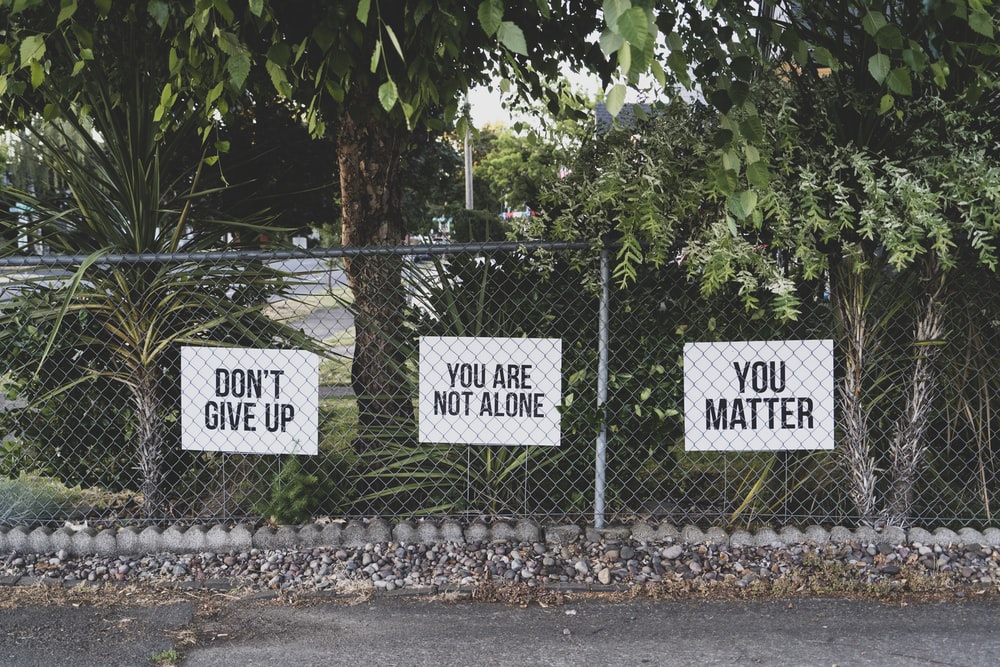Mental Health Crisis Amongst Asylum Seekers And Refugees

By Felix Ford, Sona Circle
Awareness around mental health has been increasing for several years and has continued to be at the forefront of minds amidst the COVID-19 pandemic. The uncertainty around life over the past 12 months has affected people in different ways, but it is common knowledge most have struggled with the life changes. The Office for National Statistics has shown almost 70% of adults in the UK described feeling somewhat or very worried about how COVID-19 is impacting their lives, and 56% feel stressed or anxious.
Living through the hardships the pandemic has thrown at us has not been easy, and we have all had to adapt in some way. With this in mind, I think it is important to consider the impact it has had on those fleeing their homes in search of a better life.
The difficulties faced by asylum seekers and refugees, and the influence it has on their mental health has been prominent since before COVID-19, yet it feels appropriate to delve into some of the issues around the mental health crisis amongst refugees during a time where more people have been battling with their mental stability, and therefore may be able to relate to some degree.
The Stats
In late 2016, James Kirkbride, an epidemiologist from University College London, spoke about the mental health crisis amongst migrants and stated, “It is a public-health tragedy — and it’s a scandal that it is not recognized as such, as a physical epidemic would be”. According to the Refugee Council, refugees are a shocking five times more likely to suffer from poor mental health than the UK population, and 61% of asylum seekers experience serious mental distress.
A significant proportion of asylum seekers and refugees will have endured traumatic events which have led them to become displaced, and subsequently have high and persistent rates of PTSD and depression. One study of over 5,000 adult refugees found that 31.46% struggled with PTSD, and 31.5% with depression.
Additionally, the UNHCR records that around 40% of the world’s 79.5 million forcibly displaced people are children. Statistically, mental health issues will also be widespread amongst the young. Encountering trauma at a young age can have a long-lasting impact and therefore particular attention must be placed on managing the mental health support they receive beyond their initial phase of resettlement.
Contributing Factors
Although you do not need a reason to be suffering from poor mental health, numerous factors contribute to why many displaced people experience a low mental state. On top of witnessing intense violence, losing their homes, and being separated from family members, many refugees have also embarked on treacherous journeys to foreign nations where they then have to navigate through complicated asylum procedures to attempt to rebuild their lives.
Currently, in the UK, those waiting on the outcome of their asylum claim are unable to enter paid employment. They receive just £5.39 per day to purchase food, sanitary products, and clothing. Despite ongoing efforts from Refugee Action through their “Lift the Ban Campaign”, asylum seekers are not legally allowed to work in the UK.
This system that claimants find themselves in means they often endure sustained periods of unemployment. It is therefore unsurprising that asylum seekers and refugees are more susceptible to mental health problems as consistent links have been recorded between unemployment and depression and anxiety.
Experiencing racism or discrimination is another reason why refugees face mental health struggles. A University of Oxford study found that between 2016 and 2018, 32% of UK-born respondents with migrant parents perceived discrimination against their group. This mistreatment from society can impact people’s sense of belonging and cause low self-esteem.
Help Generate Change
Not enough is being done to provide help and support for asylum seekers and refugees that are seriously struggling with their mental health. By learning more about their conditions, past and present, we must come together to raise awareness of the issue and make steps towards changes.
One way to alleviate some stress upon asylum seekers is by supporting Refugee Action’s “Lift the Ban Campaign” as mentioned previously and give individuals the opportunity to enter paid employment. Secondly, you can make your employer aware of the work we do here at Sona Circle and encourage them to hire from the talented refugee workforce and begin to reduce the negative consequences unemployment has on mental health.